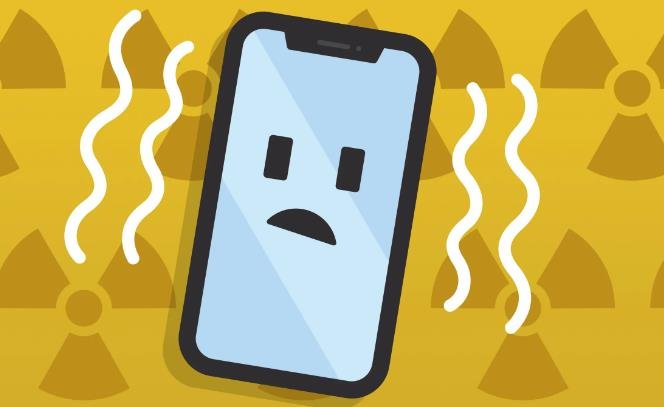The European Union is considering stricter regulations on the radiation levels of mobile phones, following the recent ban of the iPhone 12 in France due to exceeding the legal limit.
The radiation emitted by mobile phones is measured in SAR (Specific Absorption Rate), which indicates how much electromagnetic energy is absorbed by the human body when using the device. The EU limit for SAR is 4.0 watts per kilogram for tests simulating the phone being held in the hand or kept in a pocket.

According to a French watchdog group, the ANFR (Agence Nationale des Fréquences), tests carried out by them showed that the iPhone 12 emits 5.74 watts per kilogram, which is above the legal threshold. The ANFR requested a sales halt on iPhone 12 units and even threatened a recall of existing devices if Apple and other vendors did not comply.
How did Apple respond?
Apple disputed the claim that the iPhone 12 is suddenly breaking radiation standards, saying that the device was certified by multiple international bodies as compliant with global radiation standards. Apple also said that it had provided several Apple and third-party lab results proving the phone’s compliance to the French agency, and that it was contesting its findings.
Apple said that it would issue a software update for users in France to accommodate the protocol used by French regulators. However, this update will only be offered in France, and could trigger more regulatory involvement in the European Union.
What are the implications for other countries?
The ban of the iPhone 12 in France has raised concerns among other EU member states, as well as consumer groups and health experts. Some countries, such as Denmark and Belgium, have voiced support for Apple, saying that they have no concerns about the radiation levels of the iPhone 12. Others, such as Germany and Spain, have expressed doubts and called for more investigations.
The European Commission, the executive branch of the EU, is also looking into the matter and may propose tighter rules on mobile phone radiation in the near future. The Commission said that it was aware of the situation in France and that it was in contact with the relevant authorities and stakeholders.
The Commission also said that it was reviewing the current legislation on mobile phone radiation, which dates back to 1999, and that it may revise it to reflect the latest scientific evidence and technological developments.
What are the risks of mobile phone radiation?
The effects of mobile phone radiation on human health are still a matter of debate and research. Some studies have suggested a possible link between mobile phone use and brain tumors, while others have found no such association. The World Health Organization (WHO) has classified mobile phone radiation as “possibly carcinogenic to humans”, but has also stated that there is no conclusive evidence to confirm a causal relationship.
The WHO recommends that users limit their exposure to mobile phone radiation by using hands-free devices or speaker mode, keeping calls short, and avoiding using phones in areas with low signal strength.
